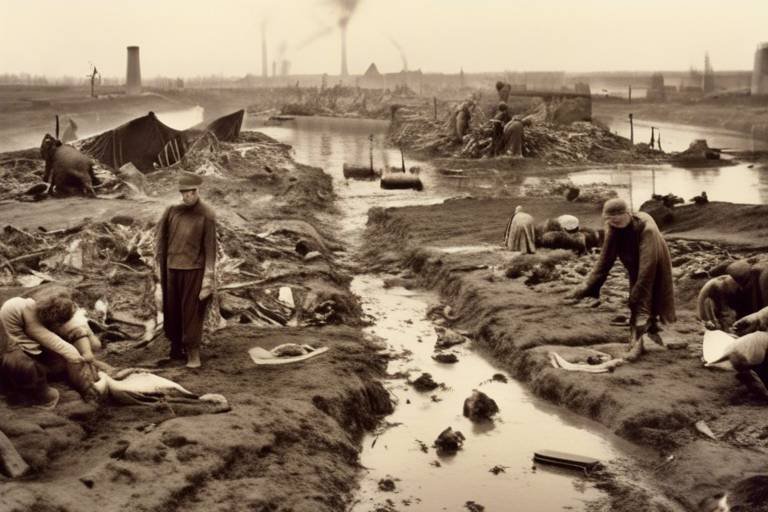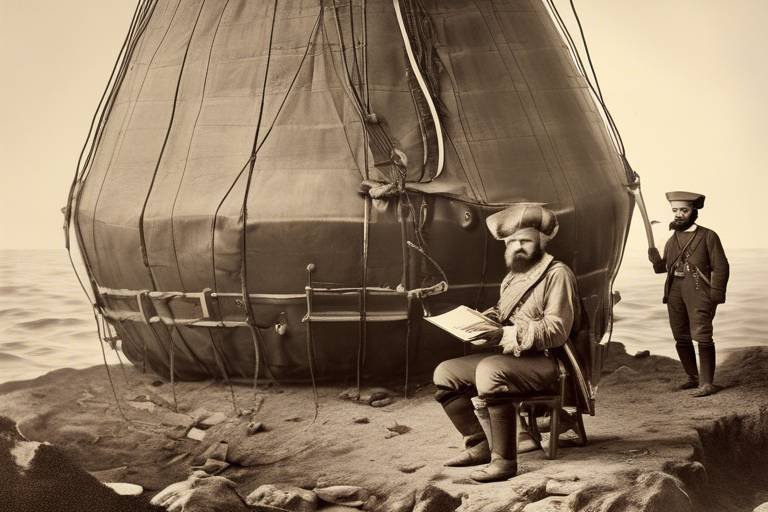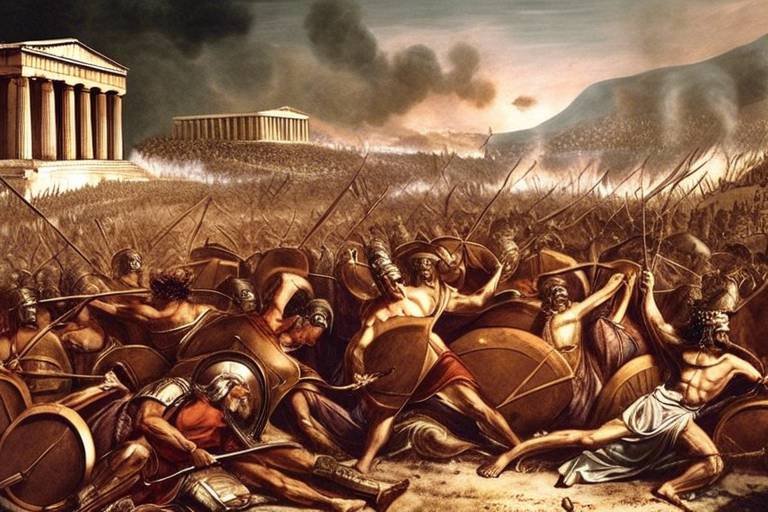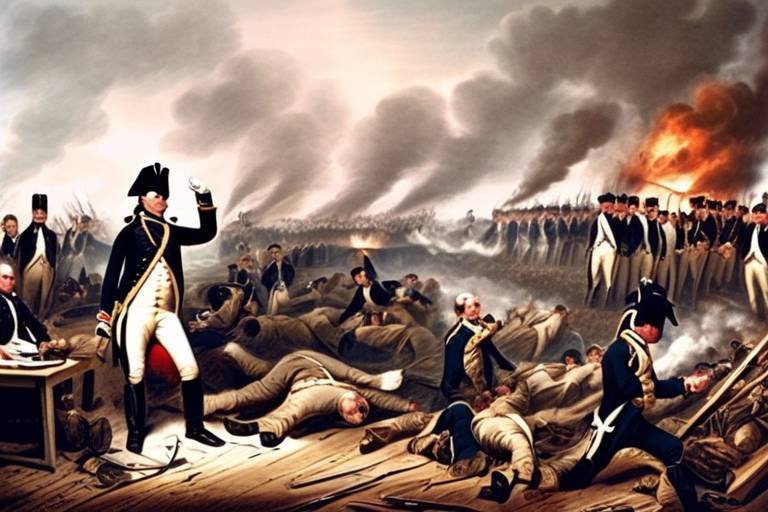The Historical Context of the Spanish-American War
Exploring the events and circumstances leading to the conflict between the United States and Spain in 1898, shaping the course of history in the Caribbean and the Pacific. The Spanish-American War was a pivotal moment that marked a significant shift in global power dynamics. It was a clash of empires, a collision of interests, and a turning point in the history of imperialism.

Causes of Tension
When delving into the historical context of the Spanish-American War, it is crucial to understand the intricate web of causes that ultimately led to the eruption of conflict between the United States and Spain in 1898. These causes, rooted in political, economic, and social factors, not only shaped the course of history in the Caribbean and the Pacific but also reverberated globally, leaving a lasting impact on the international stage.

Imperial Ambitions
During the late 19th century, the Spanish-American War served as a pivotal moment that showcased the imperialistic ambitions of both the United States and Spain. The conflict was not merely a battle for supremacy but a demonstration of each nation's desire to expand its influence and territories beyond their borders. The imperial ambitions driving this war were deeply rooted in the quest for power, resources, and strategic advantages in a rapidly changing world.
For the United States, the war represented a significant step towards establishing itself as a global power. With the acquisition of territories such as Puerto Rico, Guam, and the Philippines, the U.S. aimed to solidify its presence in the Pacific and assert its dominance in the region. This expansionist agenda was driven by a combination of economic interests, military strategy, and a growing sense of national pride.
On the other hand, Spain's imperial ambitions were fueled by a desire to maintain its dwindling colonial empire and preserve its status as a major European power. The loss of key territories in the Caribbean and the Pacific posed a threat to Spain's influence and resources, prompting the nation to engage in a conflict that ultimately led to the relinquishment of its colonial holdings.
The Spanish-American War was a clash of empires, with each side seeking to extend its reach and control over new territories. The war not only marked a turning point in the history of both nations but also highlighted the complex interplay of politics, economics, and ideology in the pursuit of imperial ambitions.
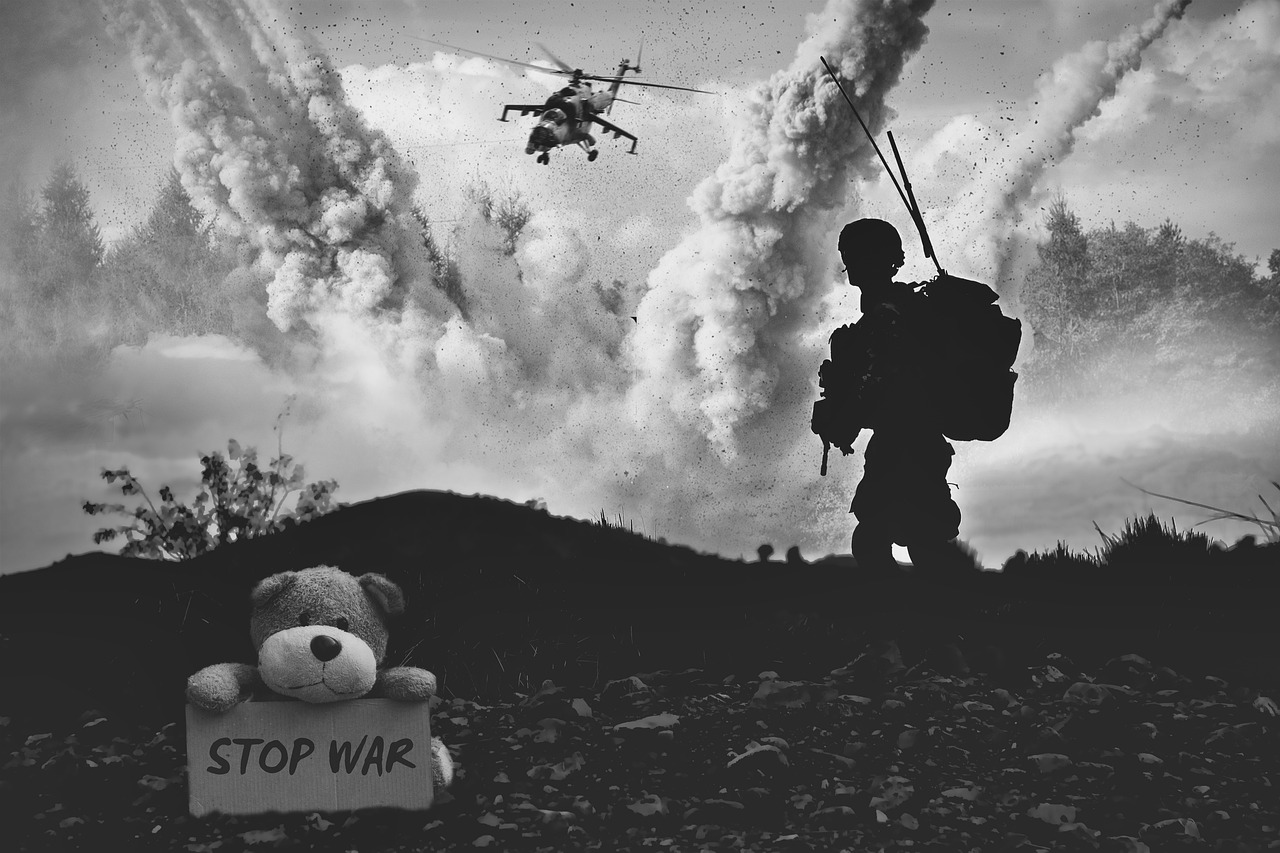
Impact on Cuba
The Spanish-American War had a profound impact on Cuba, significantly influencing its path towards independence and the subsequent intervention of the United States in Cuban affairs. The conflict emerged as a pivotal moment in Cuban history, as it marked the culmination of decades of struggle against Spanish colonial rule. The war provided Cuba with the opportunity to break free from Spanish dominance and paved the way for its eventual independence.
However, the aftermath of the war also brought challenges for Cuba. Despite gaining nominal independence, the country found itself under the shadow of American influence, leading to a complex relationship with its powerful neighbor to the north. The Platt Amendment, imposed by the United States, granted it significant control over Cuban affairs, shaping the country's political and economic development for years to come.
Furthermore, the war left a lasting impact on the Cuban economy and infrastructure. The destruction caused during the conflict, coupled with the subsequent American intervention, had far-reaching consequences for the island nation. Cuba's agricultural sector, particularly its sugar industry, faced disruptions, while the influx of American capital and influence reshaped its economic landscape.
Moreover, the Spanish-American War fundamentally altered the social and cultural fabric of Cuba. The conflict brought about a shift in power dynamics, leading to the emergence of new political forces and social movements within the country. The war also catalyzed debates on national identity and sovereignty, as Cuba navigated its newfound independence in the face of external pressures.
In the years following the war, Cuba continued to grapple with the legacy of the conflict and its aftermath. The country's relationship with the United States remained complex, marked by periods of cooperation and tension. The Spanish-American War thus stands as a defining moment in Cuban history, shaping the nation's trajectory and its place in the broader context of international relations.
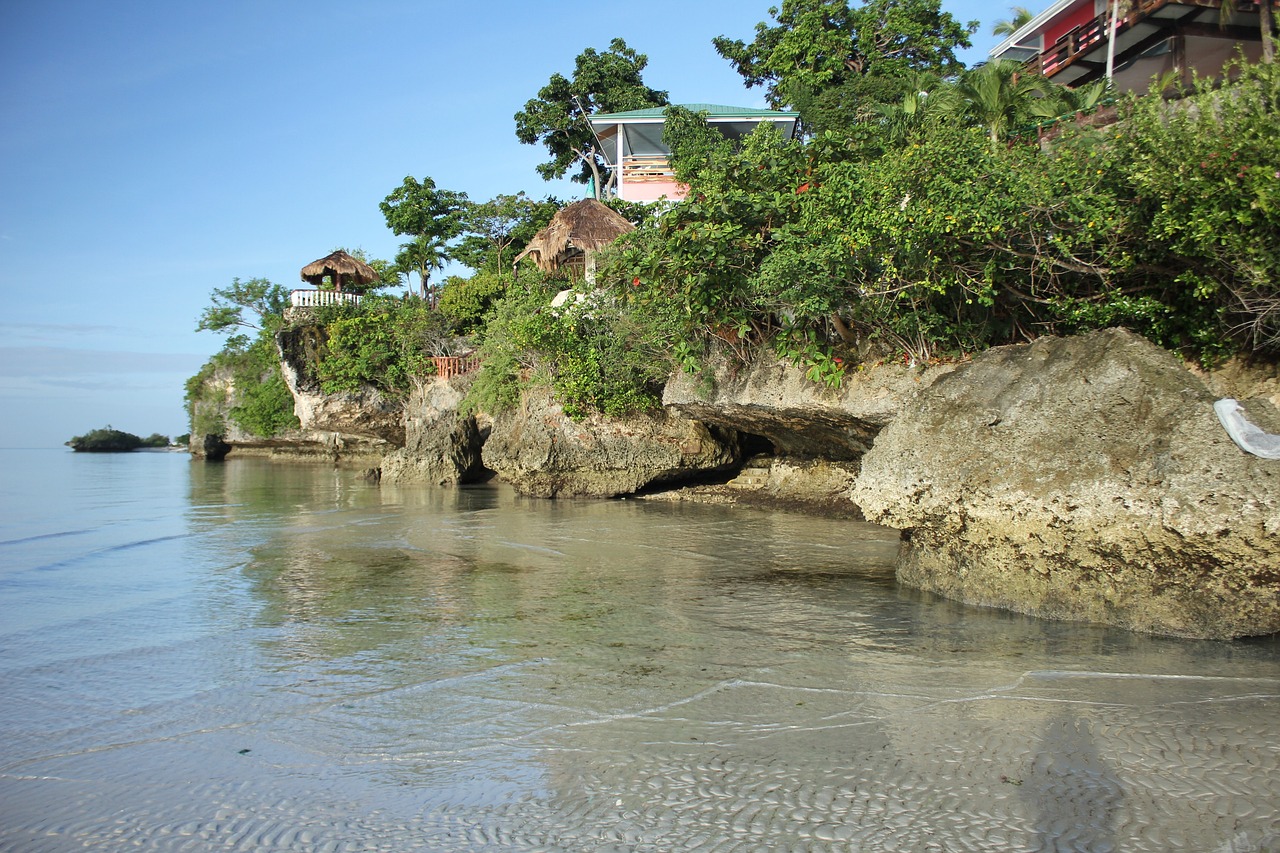
Philippine Insurrection
The refers to the armed resistance put up by Filipino revolutionaries against American colonization following the Treaty of Paris that ended the Spanish-American War. This conflict arose from the aspirations of Filipinos for independence after centuries of Spanish rule, only to find themselves under a new colonial power. The insurrection was marked by fierce battles and guerrilla warfare, with Filipino leaders such as Emilio Aguinaldo leading the fight against American forces.
One of the key aspects of the Philippine Insurrection was the brutal tactics employed by both sides. The American military faced challenges in combating the guerrilla warfare tactics of the Filipino revolutionaries, leading to a prolonged and bloody conflict. The use of scorched-earth policies and harsh measures by American forces, including the establishment of concentration camps, further fueled the resistance and intensified the fighting.
The insurrection also highlighted the complexities of colonial rule and the clash of cultures between the Filipinos and the Americans. The Filipinos, who had long fought for their independence from Spanish colonial rule, found themselves battling a new oppressor in the form of the United States. This struggle for self-determination and sovereignty shaped the course of Philippine history and set the stage for future struggles for independence and nation-building.
Despite the eventual suppression of the insurrection by American forces and the establishment of American colonial rule in the Philippines, the legacy of the conflict endured. The experience of the Philippine Insurrection left a deep impact on the Filipino people, shaping their national identity and fueling a sense of nationalism and resistance against foreign domination. The memory of this period of struggle continues to resonate in Philippine society and serves as a reminder of the price paid for freedom and independence.

International Repercussions
The Spanish-American War had far-reaching consequences beyond the borders of the countries directly involved. The Treaty of Paris, which concluded the conflict, marked a significant shift in global power dynamics. With Spain ceding control over territories such as Puerto Rico, Guam, and the Philippines to the United States, the war propelled the U.S. onto the world stage as a major imperial power.
This sudden emergence of the United States as a colonial power raised concerns and reactions from other nations, particularly in Europe. The acquisition of overseas territories by the U.S. sparked debates on imperialism and expansionism, with some viewing it as a threat to established colonial powers.
Furthermore, the war's impact extended to Asia, where the Philippines found themselves transitioning from Spanish to American rule. The Filipino Insurrection that followed the Treaty of Paris highlighted the complexities of colonial administration and resistance to foreign domination.
On a broader scale, the Spanish-American War set a precedent for future conflicts and interventions, shaping the course of international relations in the 20th century. The war not only solidified the United States' position as a global player but also influenced its approach to foreign policy and territorial expansion.

Debates on Expansionism
Debates on Expansionism during the aftermath of the Spanish-American War sparked intense discussions and controversies regarding the United States' newfound imperial ambitions. Critics argued that the acquisition of overseas territories contradicted the principles of freedom and self-governance upon which the nation was founded. They questioned whether expanding American influence through colonization aligned with the values of democracy and independence that the country purported to uphold. Proponents of expansionism, on the other hand, advocated for a more assertive foreign policy, emphasizing the economic and strategic benefits of acquiring new territories. They believed that extending American control beyond its borders would secure resources, markets, and military advantages, positioning the nation as a dominant global power.
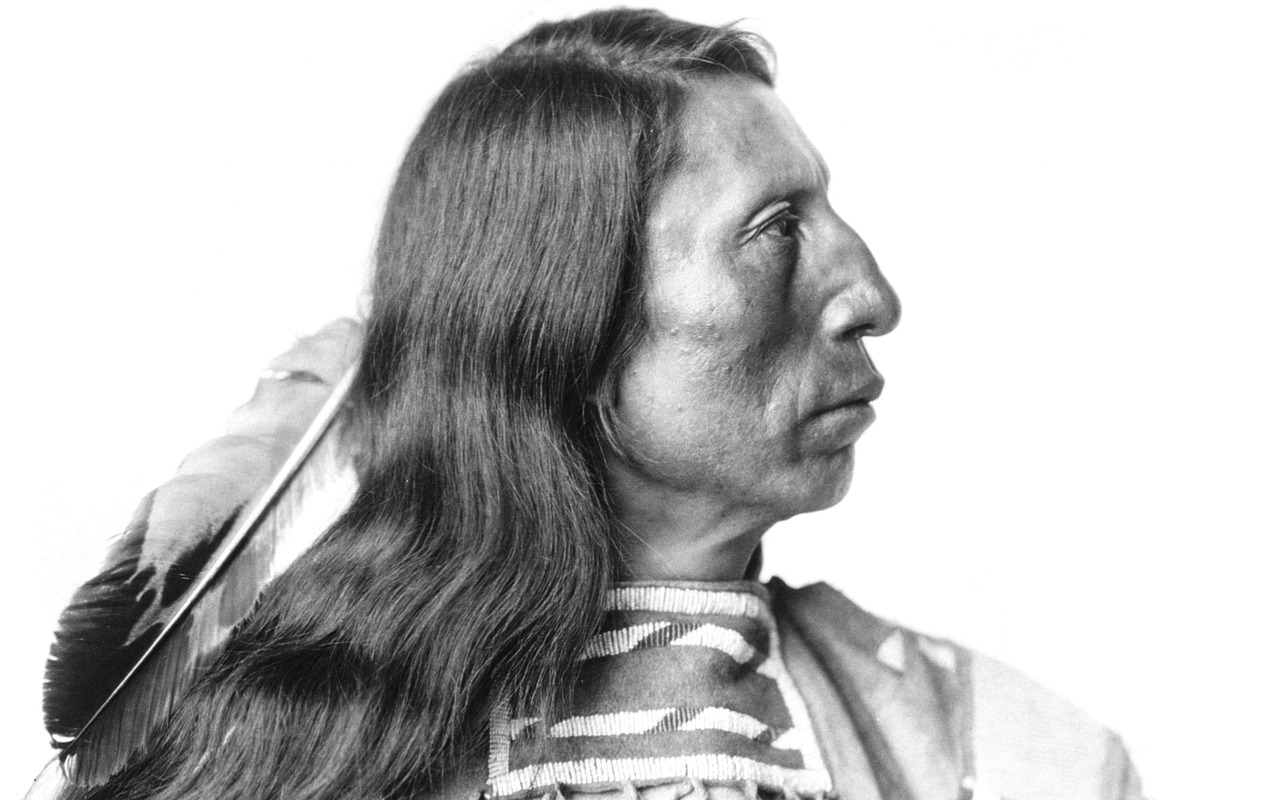
Legacy and Lessons
Reflecting on the legacy of the Spanish-American War unveils a complex tapestry of historical repercussions that continue to shape modern geopolitics. The conflict marked a pivotal moment in U.S. foreign policy, catapulting the nation onto the global stage as a formidable player with imperial ambitions. The war not only solidified America's position as a dominant power but also sparked debates on the morality of expansionism and the acquisition of overseas territories.
Lessons drawn from the Spanish-American War resonate with contemporary discussions on interventionism, imperialism, and national identity. The concept of American exceptionalism, rooted in the belief of the nation's unique mission and destiny, found fertile ground in the aftermath of the war. The legacy of the conflict serves as a cautionary tale, reminding policymakers of the complexities and consequences of wielding power on the world stage.
Furthermore, the Spanish-American War underscored the intricate interplay between military might, diplomatic maneuvering, and public perception in shaping international relations. The war's aftermath laid bare the challenges of nation-building and the complexities of managing colonial territories, offering valuable insights into the intricacies of governance and sovereignty.
As we reflect on the legacy and lessons of the Spanish-American War, it becomes evident that history is not just a record of past events but a living narrative that continues to influence our present and future decisions. The echoes of the conflict reverberate through time, reminding us of the enduring impact of war, diplomacy, and the quest for power on the course of human history.

Historical Memory
When delving into the historical memory of the Spanish-American War, one encounters a tapestry of narratives woven by different nations involved in the conflict. In the United States, the war is often remembered as a pivotal moment that propelled the country onto the world stage as a major power. The sinking of the USS Maine and the subsequent victory over Spain are commemorated as symbols of American strength and determination.
Conversely, in Spain, the war evokes a sense of loss and humiliation, marking the decline of its once vast colonial empire. The defeat at the hands of the United States led to a period of introspection and reevaluation of Spain's place in the world. Memorials and commemorations serve as reminders of the sacrifices made during the conflict.
For Cuba, the memory of the war is intertwined with the struggle for independence and the subsequent intervention of the United States in Cuban affairs. The legacy of the war shapes Cuban national identity and informs the country's relationship with its northern neighbor. Monuments and memorials stand as testaments to the enduring spirit of Cuban independence.
In the Philippines, the war is remembered as a chapter in the long history of resistance against colonial powers. The Philippine Insurrection that followed the Treaty of Paris marked the beginning of a new struggle for freedom and self-determination. Memorials honor the sacrifices of Filipino revolutionaries and serve as reminders of the price of independence.
Overall, the historical memory of the Spanish-American War serves as a reminder of the complexities of conflict and the enduring impact it has on nations and their identities. Commemorations and memorials stand as tangible symbols of the past, ensuring that the lessons learned from the war are not forgotten.
Frequently Asked Questions
- What were the main causes of the Spanish-American War?
The Spanish-American War was primarily sparked by tensions surrounding Cuban independence movements, yellow journalism exaggerating Spanish atrocities, and the controversial sinking of the USS Maine in Havana harbor.
- How did the war impact Cuba?
The war had significant repercussions on Cuba, as it led to the end of Spanish colonial rule in the country. However, it also resulted in the United States asserting control over Cuban affairs, shaping the island's future development.
- What was the Philippine Insurrection?
The Philippine Insurrection was a conflict that arose after the Treaty of Paris, where Filipino revolutionaries resisted American colonization. This insurrection highlighted the complexities of imperial ambitions and anti-colonial struggles in the aftermath of the war.
- How did the Spanish-American War impact global power dynamics?
The outcomes of the war significantly reshaped global power dynamics, marking the emergence of the United States as a major player on the world stage. It also triggered debates on expansionism and the acquisition of overseas territories.
- What is the legacy of the Spanish-American War?
The Spanish-American War left a lasting impact on U.S. foreign policy, imperialism, and the concept of American exceptionalism. It continues to influence historical memory and commemoration practices in the countries involved.




